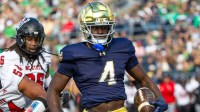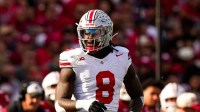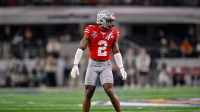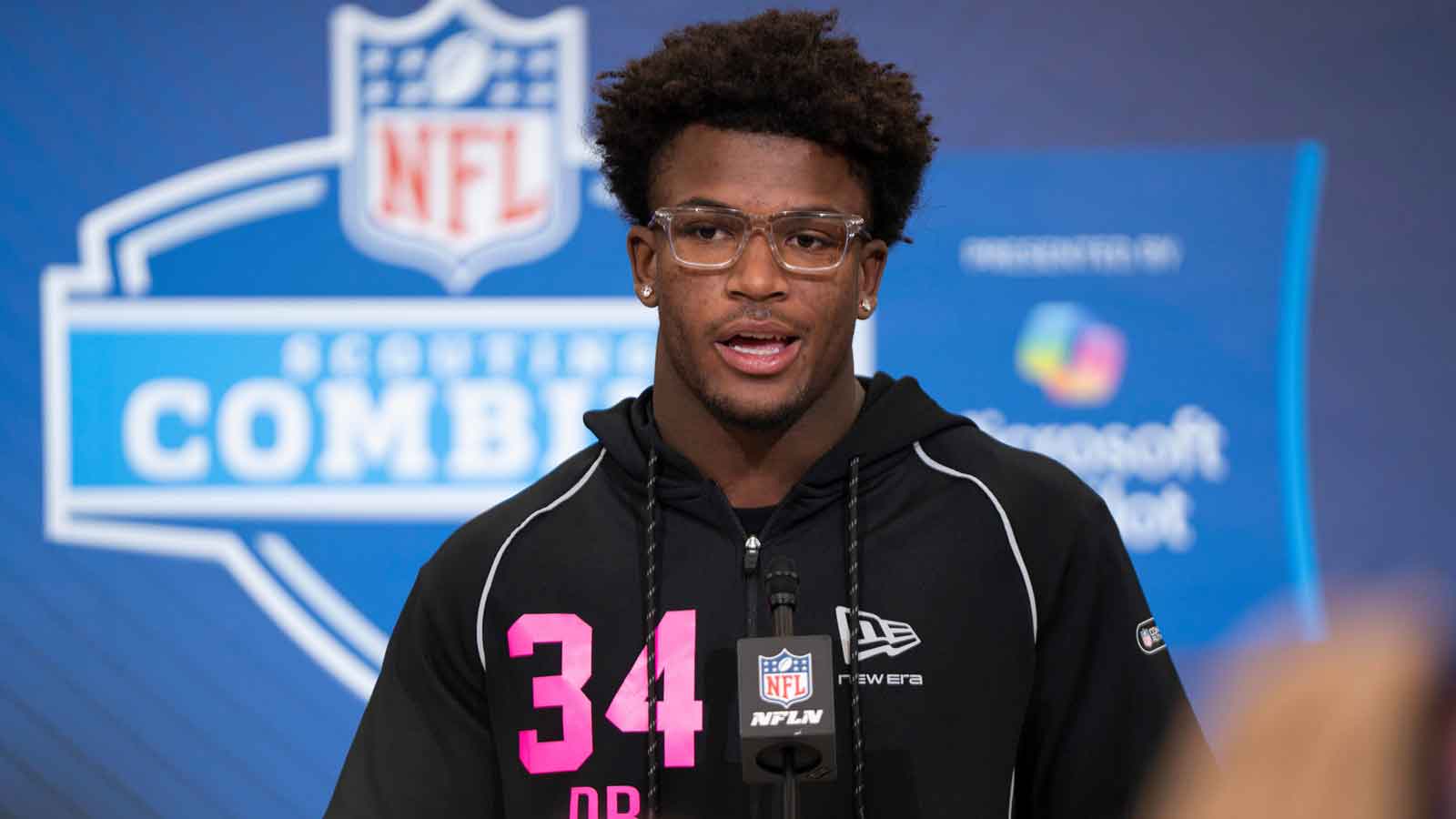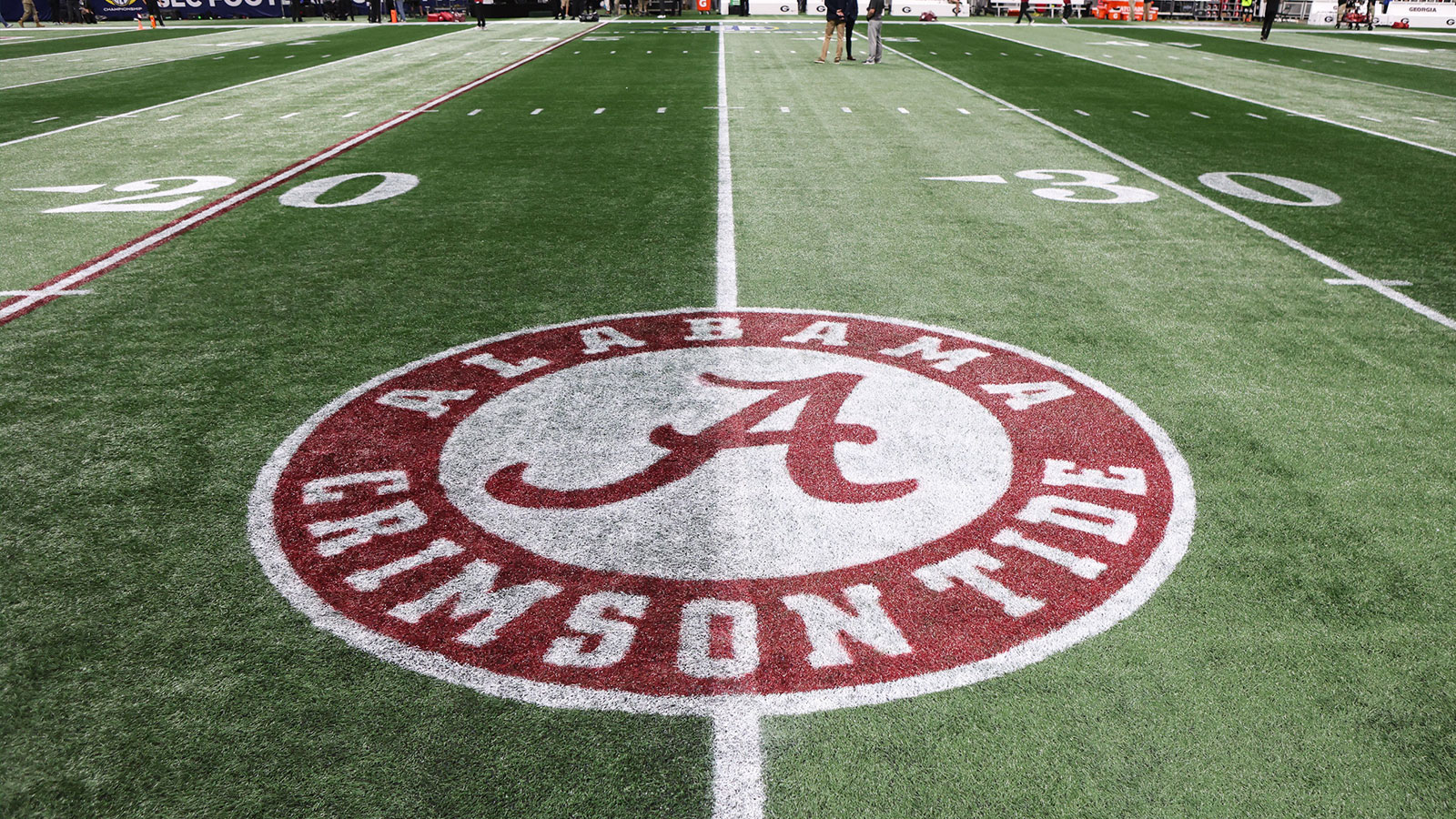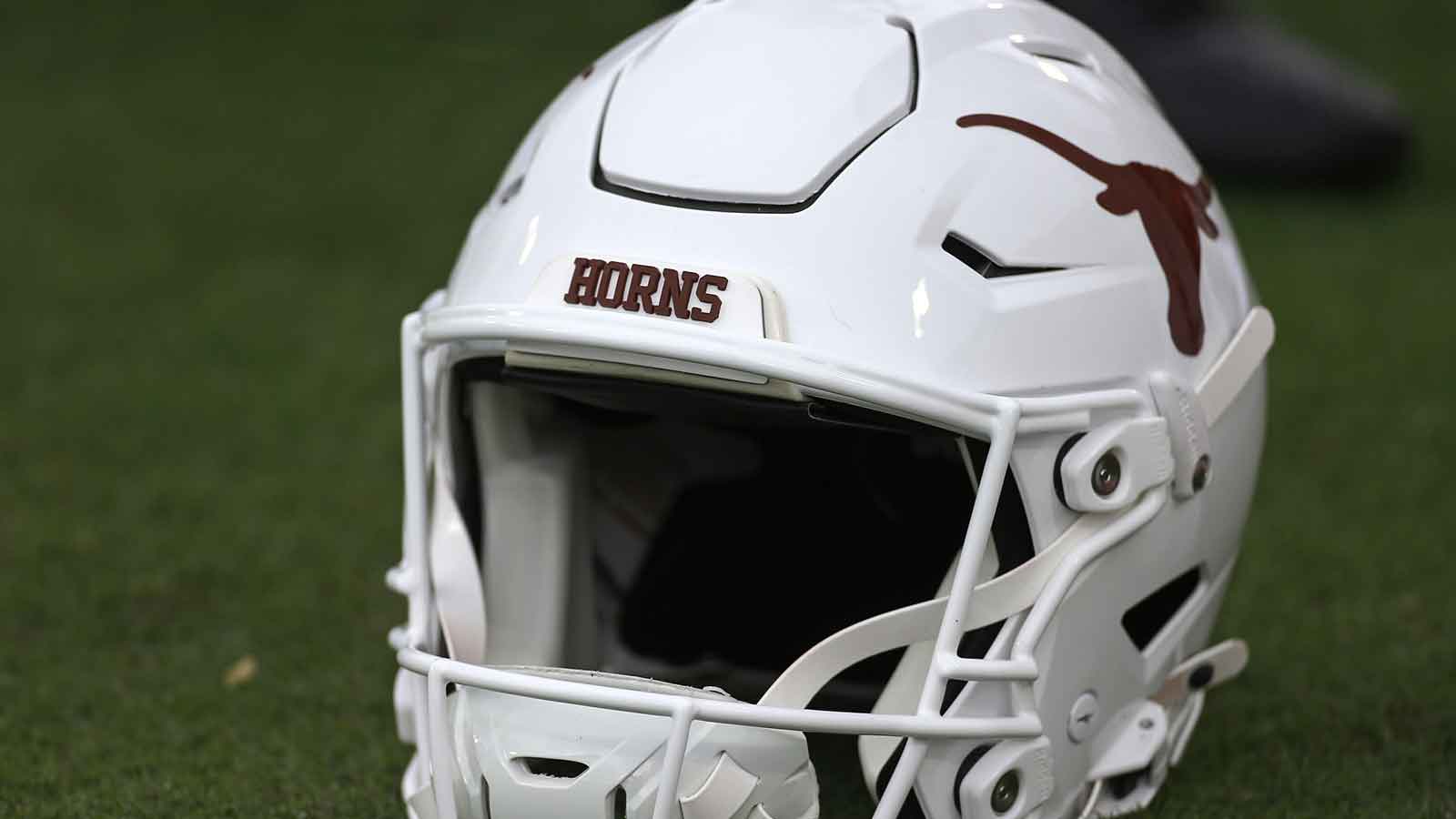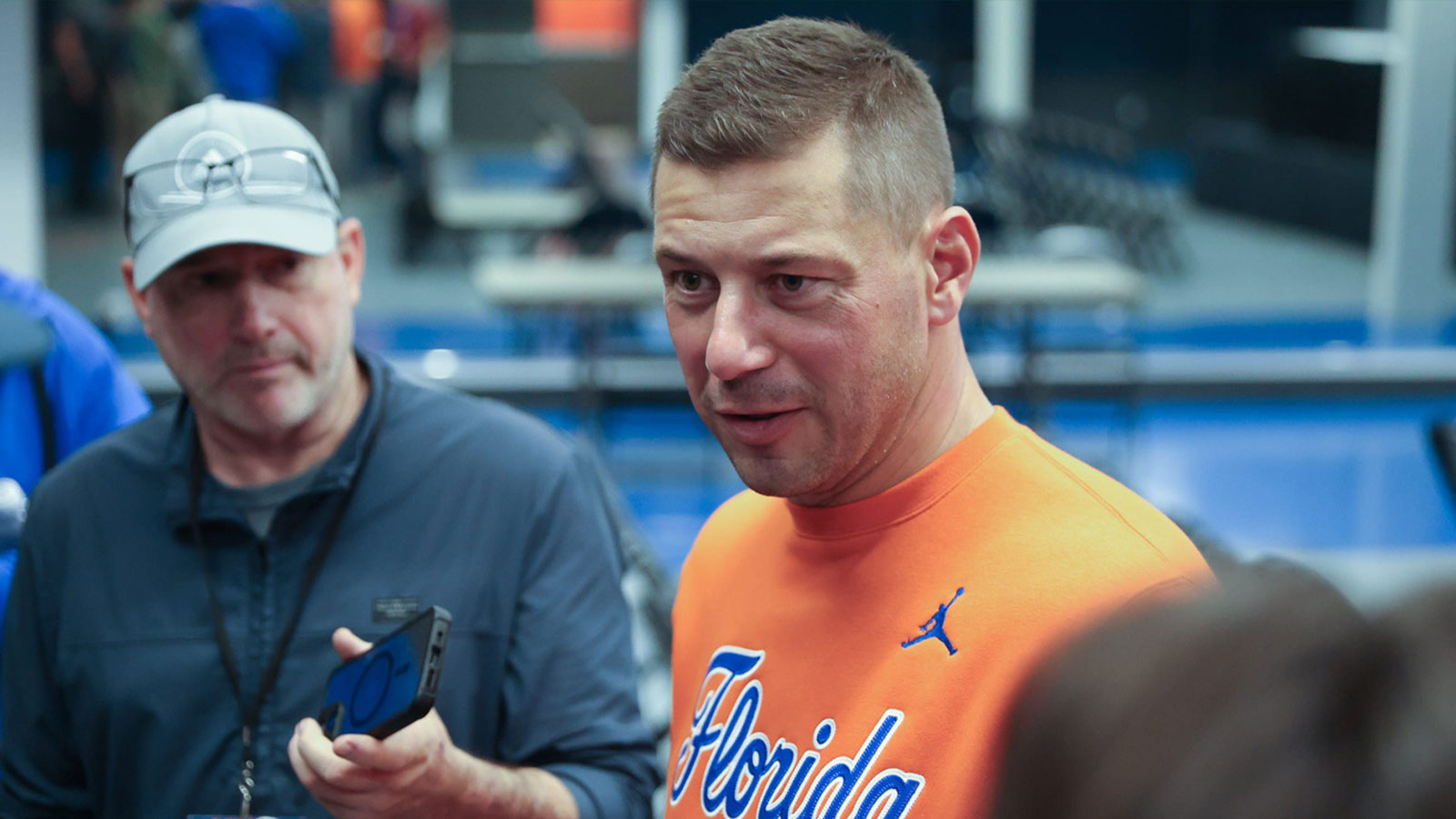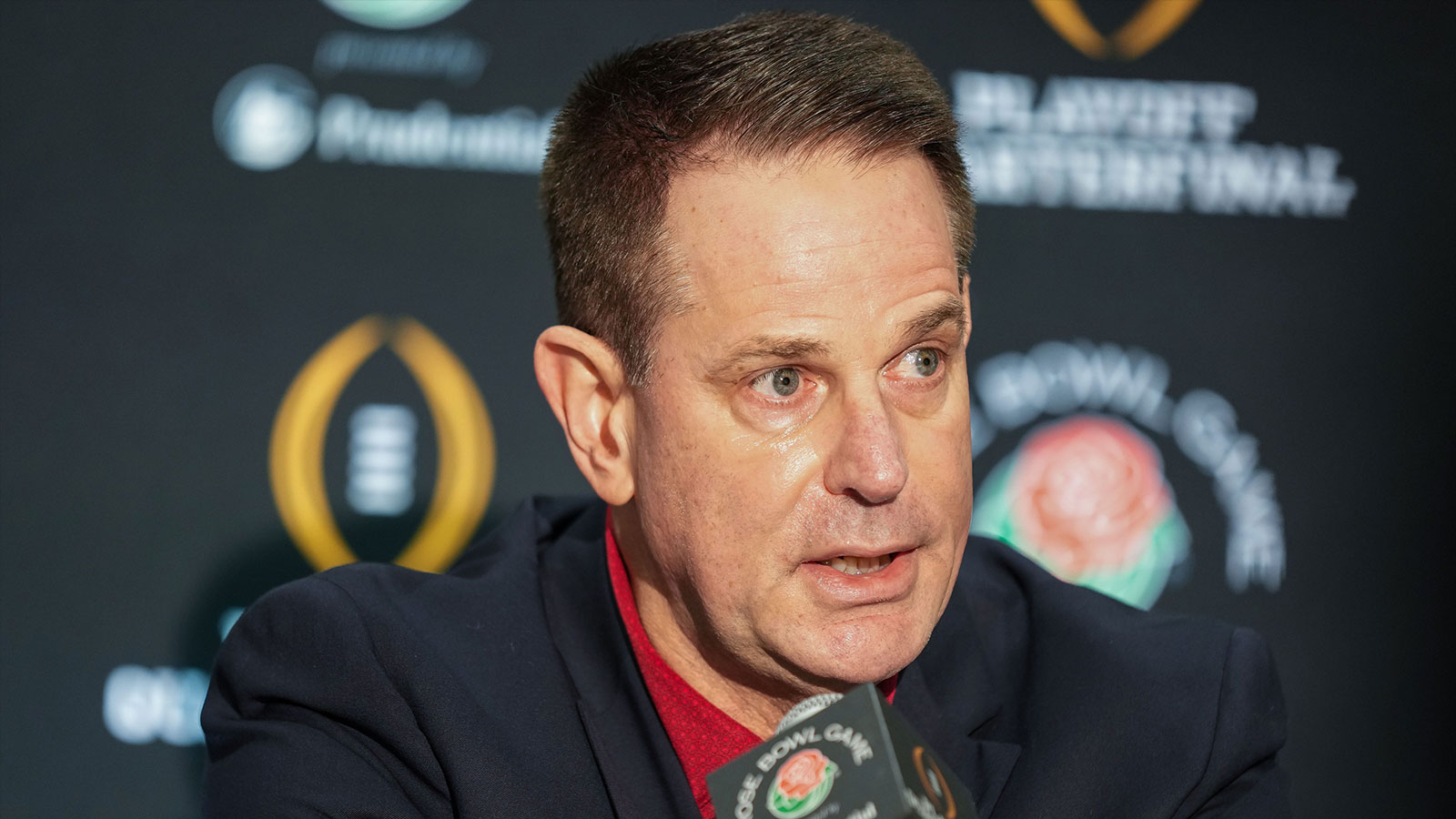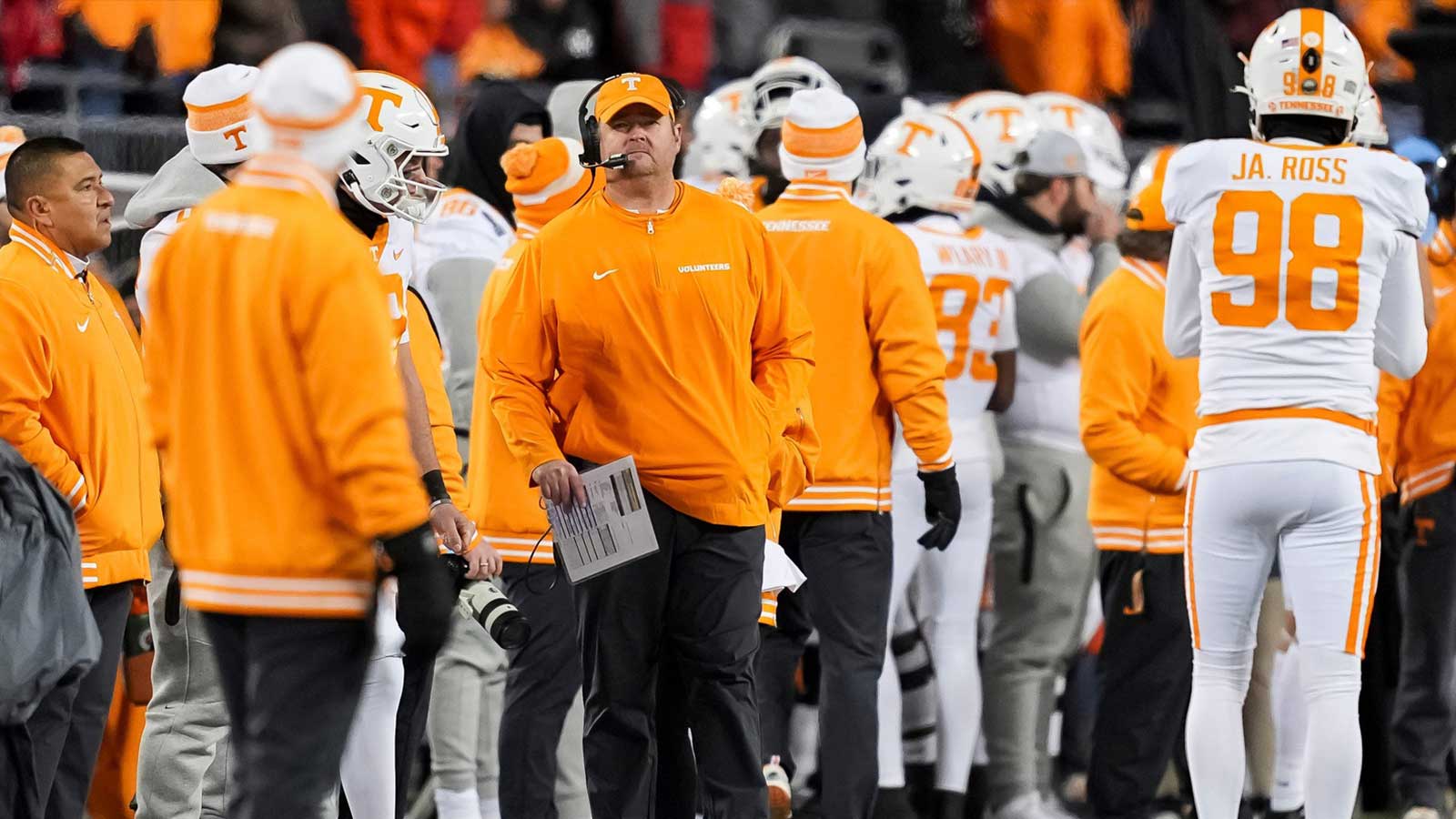Netflix announced that they will be releasing a documentary on the Florida Gators football team, focusing on the Urban Meyer led years primarily from 2006-2009. The popular streaming service will release the documentary, Swamp Kings, on August 23, according to former Florida star Brandon Siler, via an Instagram post that was later tweeted out by a Florida fan page.
https://twitter.com/UFBarstool/status/1665005282731106305?s=20
The release will be perfect timing, right before the start of the 2023 college football season.
The sunshine
The past is a curious thing, evoking joyous and carefree memories for some while holding tragic episodes that are best left behind for others. However, when it comes to the Urban Meyer era of the Florida football team, it encompasses both aspects.
Under Meyer's guidance, the Gators achieved unparalleled success, winning the BCS National Championship in both 2006 and 2008. The wins solidified their position as a powerhouse in college football.
Meyer's impact on the sport extended beyond any win-loss record (65-15), as he revolutionized the way college football is perceived today. Often credited to Nick Saban, the trend of setting ambitious turnaround expectations for programs actually began with Meyer. While Saban elevated the bar even higher at Alabama, it was Meyer who kick-started this trend when he joined the Gators in 2005 and won a National Championship just one year later, by a convincing 41-10 win over Ohio State.
One of the keys to Meyer's success was his ability to attract top-tier talent through exceptional recruiting classes. From his first recruiting class in 2006 to his final class in 2010, Florida consistently ranked among the nation's best, occupying the 2nd, 1st, 5th, 7th, and 1st in ranked classes.
This level of recruiting brought in exceptional players like Tim Tebow, Percy Harvin, Joe Haden, Maurkice Pouncey, Aaron Hernandez, and more. In total, Meyer sent 30 players to the NFL while at Florida, with six of them being first-round draft picks, including his star quarterback and 2007 Heisman Trophy winner, Tebow.
Tebow will probably go down as Meyer's greatest recruit and creation, recognizing not only how to utilize the dual-threat quarterback and his skill-set on the field, but off of it as well.
Tebow was the true essence of competition and the flag-bearer of Florida football during his time in Gainesville. Him and Meyer were hand-in-hand in each other's success. More importantly, Tebow was a player that, thankfully for Meyer and the University of Florida, outshined everyone else, whether it was athletically or publicly.
Tebow was the epitome of faith, whether that was in his football team or God, being fervent in both. He was viewed as trustworthy, likeable and genuinely nice. Tebow's light was so bright that it simply shown out the darkness of the rest of what was going on with the rest of the Gator squad he played on.
The shadows
The Gators were riddled with controversy and dysfunction during Meyer's reign as head coach, according to a Sporting News report. His seemingly lackadaisical approach to his players, garnering little discipline, and favoritism toward some, set a lot of the members on the team up for failure later on. This was something that seemed to follow Meyer all the way to Ohio State.
The culture of his programs were a reflection of the man himself — short term results with long-term consequences.
Perhaps the beginning of the end was when defensive end Carlos Dunlap was found asleep, drunk in his car prior to the 2009 SEC Championship game. The Crimson Tide beat the Gators 32-13 and went on to win the National Championship. This wasn't just a turning point for the Gator program but college football overall, as it coincided with Saban's rise to prominence with Alabama as the forerunners of the sport.
That game is synonymous for other reasons as well. Firstly, it's the Tebow crying game, where the quarterback was shown sobbing uncontrollably on the sideline as the contest was coming to an end. However, more significantly, Meyer was admitted to a local hospital after the game with chest pains.
Days later Meyer announced he was stepping down as head coach of the Gators. Only to then announce he was “taking a leave of absence.” By the next year, Meyer would officially step down as the Gators head coach, leaving what many players at the time were calling a program “broken,” where the players had taken control.
It doesn't end there, though, as this team's narrative takes an even more haunting turn for Meyer and some of his former Gator players after their time in Gainesville.
There's the notorious case of standout tight-end Aaron Hernandez and his subsequent conviction for the killing of Odin Lloyd, later leading to his suicide. Equally disturbing is the recent legal ordeal of safety Tony Joiner, who faced charges related to the murder of his wife. Joiner reached a plea deal with prosecutors, however, the details of the agreement weren't reported.
Less than a year after Meyer left Florida, he took the Ohio State head coaching position, further questioning his decision making and maybe better yet, his moral compass. He left Columbus in 2018 much the same as he did Gainesville, with a National Championship, health issues and controversy. He ultimately left the program after attempting to cover up spousal abuse allegations for his long time wide receiver coach, Zach Smith.
Most recently is Meyer's colossal failed attempt as the Jacksonville Jaguars head coach, where not only could he not win games but maintain a positive public image.
This is just what we know of regarding this era and some of its subsequent aftermath. The remnants call out, as Swamp Kings looks to give a revealing glimpse into the untold chapters of this era in Florida football.






